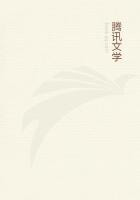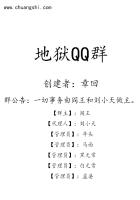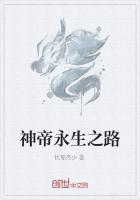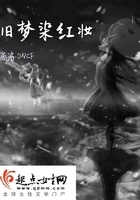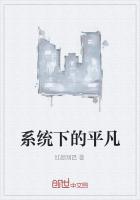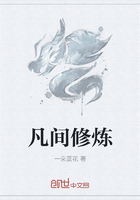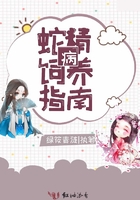The plebeian opposition consisted of ruined members of the middle-class and that mass of the city population which possessed no citizenship rights: the journeymen, the day labourers, and the numerous beginnings of the lumpenproletariat which can be found even in the lowest stages of development of city life.This low-grade proletariat is, generally speaking, a phenomenon which, in a more or less developed form, can be found in all the phases of society hitherto observed.The number of people without a definite occupation and a stable domicile was at that time gradually being augmented by the decay of feudalism in a society in which every occupation, every realm of life, was entrenched behind a number of privileges.In no modern country was the number of vagabonds so great as in Germany, in the first half of the Sixteenth Century.One portion of these tramps joined the army in war-time, another begged its way through the country, a third sought to eke out a meagre living as day-labourers in those branches of work which were not under guild jurisdiction.All three groups played a role in the peasant war; the first in the army of the princes to whom the peasant succumbed, the second in the conspiracies and in the troops of the peasants where its demoralising influence was manifested every moment; the third, in the struggles of the parties in the cities.It must be borne in mind, however, that a large portion of this class, namely, the one living in the cities, still retained a considerable foundation of peasant nature, and had not developed that degree of venality and degradation which characterise the modern civilised low-grade proletariat.
It is evident that the plebeian opposition of the cities was of a mixed nature.It combined the ruined elements of the old.feudal and guild societies with the budding proletarian elements of a coming modern bourgeois society; on the one hand, impoverished guild citizens, who, due to their privileges, still clung to the existing middle-class order, on the other hand, driven out peasants and ex-officers who were yet unable to become proletarians.Between these two groups were the journeymen, for the time being outside official society and so close to the standard of living of the proletariat as was possible under the industry of the times and the guild privileges, but, due to the same privileges, almost all prospective middle-class master artisans.The party affiliations of this mixture were, naturally, highly uncertain, and varying from locality to locality.Before the peasant war, the plebeian opposition appeared in the political struggles, not as a party, but as a shouting, rapacious tail-end to the middle-class opposition, a mob that could be bought and sold for a few barrels of wine.
It was the revolt of the peasants that transformed ;hem into a party, and even then they were almost everywhere dependent upon the peasants, both in demands and in action -- a striking proof of the fact that the cities of hat time were greatly dependent upon the country.In so far as the plebeian opposition acted independently, it demanded extension of city trade privileges over the rural districts, and it did like to see the city revenues curtailed by abolition of feudal burdens in the rural area belonging to the city, etc.In brief, in so far as it appeared independently, it was reactionary.
It submitted to its own middle-class elements, and thus formed a characteristic prologue to the tragic comedy staged by the modern petty-bourgeoisie in the last three years under the head of democracy.
Only in Thuringia and in a few other localities was the plebeian faction of the city carried away by the general storm to such an extent that its embryo proletarian elements for a brief time gained the upper hand over all the other factors of the movement.This took place under the direct influence of Muenzer in Thuringia, and of his disciples in other places.This episode, forming the climax of the entire peasant war, and grouped around the magnificent figure of Thomas Muenzer, was of very brief duration.It is easily understood why these elements collapse more quickly than any other, why their movement bears an outspoken, fantastic stamp, and why the expression of their demands must necessarily be extremely indefinite.



